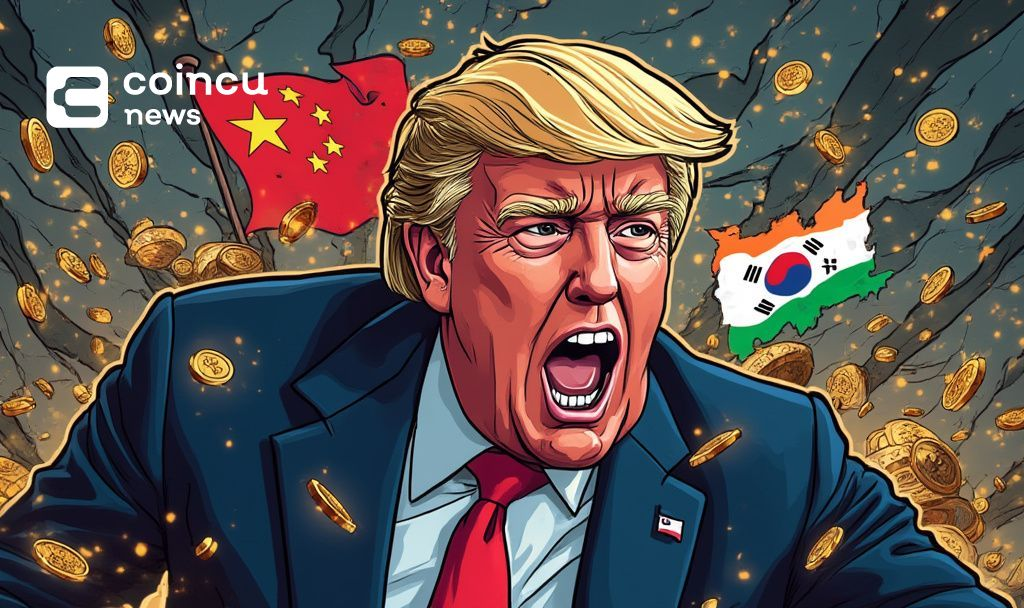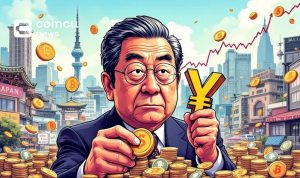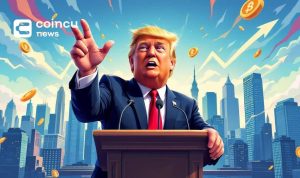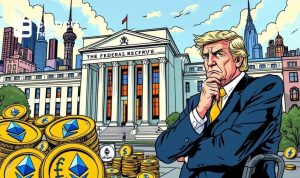- Trump’s tariff policy impacts global markets, resulting in significant financial shifts.
- Global stock markets lose about $4.9 trillion in value.
- U.S. automakers face disruptions due to tariffs on components.

The U.S. President Donald Trump recently announced a “reciprocal tariff” policy, causing substantial disruption in global markets.
This policy impacts trade relationships significantly, resulting in immediate financial turmoil and affecting multiple sectors.
$4.9 Trillion Wiped from Global Markets by Tariff Policy
Under the International Emergency Economic Powers Act, President Trump’s administration implemented a “reciprocal tariff” policy. China, India, and South Korea are among the countries facing significant tariffs. Analysts from AJ Bell estimate global market value losses at around $4.9 trillion. The financial turbulence is further highlighted as the U.S. stock market shrunk by $5.9 trillion in two days. U.S. automakers and tech companies face heightened costs due to increased tariffs on imported parts. Inflationary pressures are likely as these costs are passed onto consumers. Supporters see this move as fulfilling campaign promises, but critics emphasize potential long-term harm. President Trump acknowledged the global turbulence but urged Americans to remain patient.
“We are revitalizing jobs and businesses in an unprecedented way… This is an economic revolution, and we will win,” said Donald Trump, President of the United States.
Tariff Comparisons and Potential Shift to Cryptocurrencies
Experts compare today’s tariffs to the Smoot-Hawley Tariff Act of 1930, which exacerbated economic downturns during the Great Depression.
Historically, tariff policies have led to increased volatility, offering insight into potential economic outcomes today. The Smoot-Hawley Tariff Act’s impact on the Great Depression serves as a cautionary comparison. This policy could drive investments toward alternative assets, including cryptocurrencies, amidst rising inflation and market instability. The Cato Institute predicts a significant increase in U.S. tariffs, potentially affecting families and economic growth. Despite assurances from the Trump administration regarding manufacturing revitalization, opinions remain divided on the long-term benefits versus the immediate economic strain.























